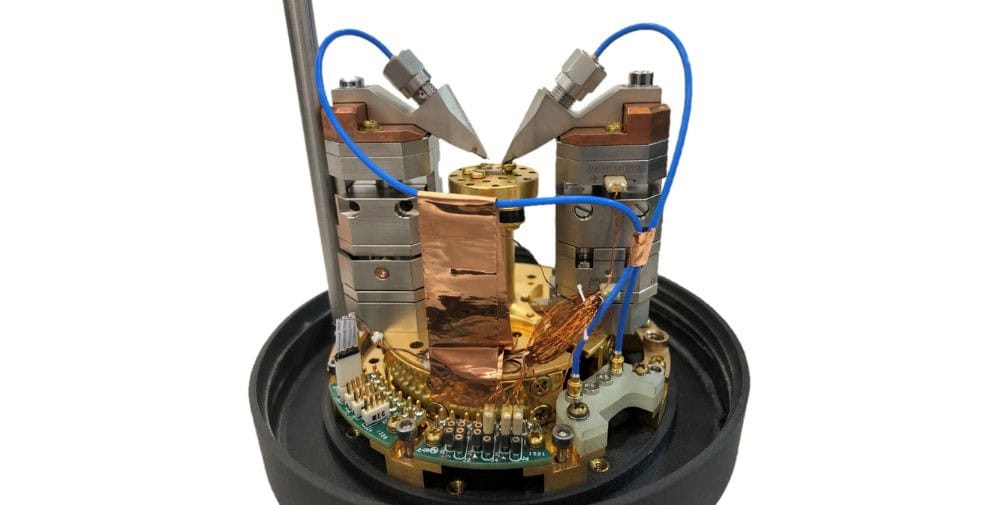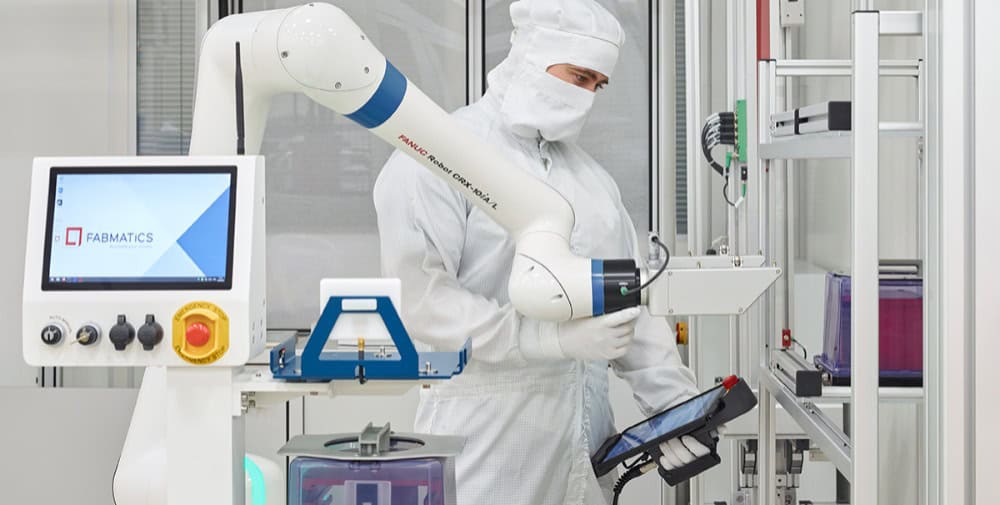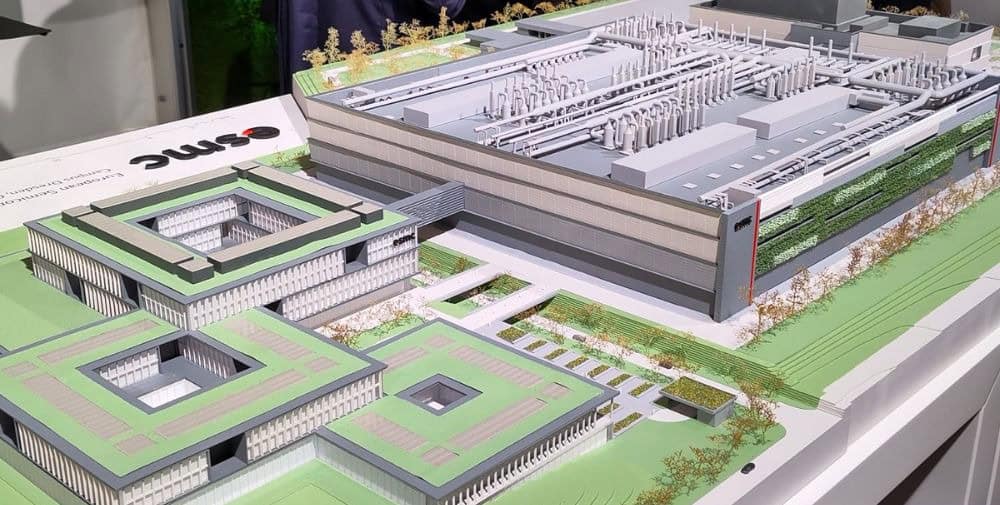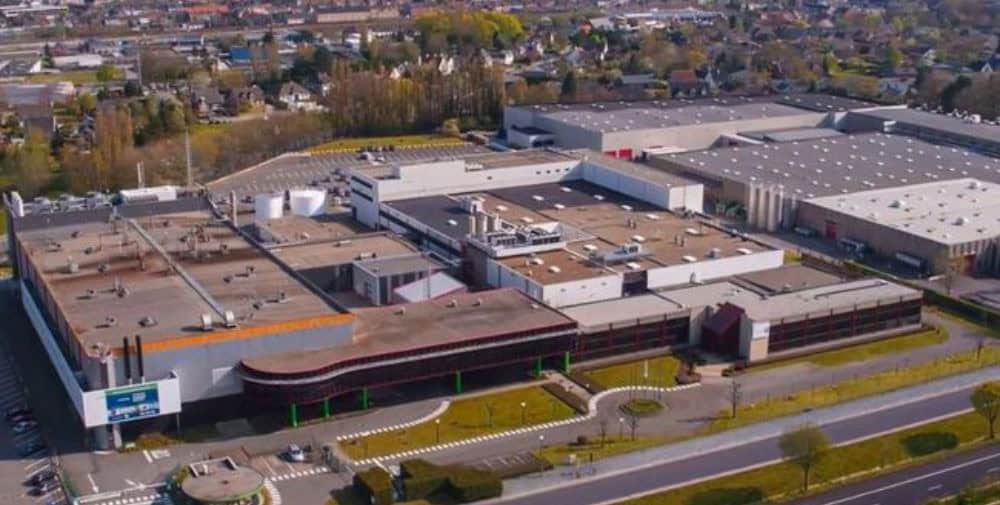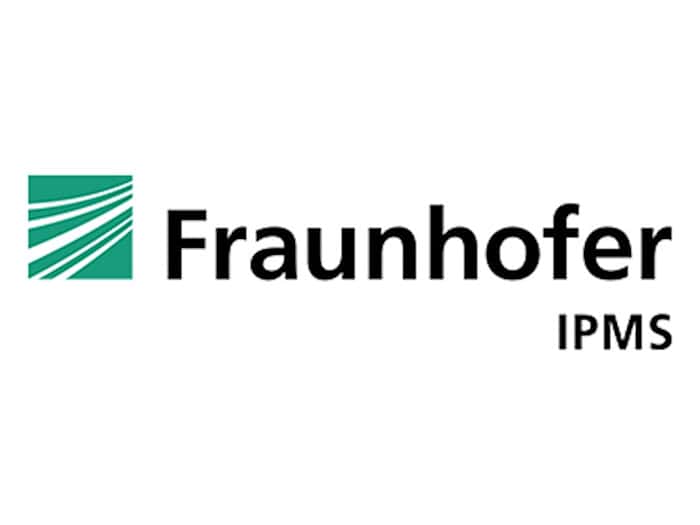
Quantum computers are currently regarded as the most promising candidates for efficiently solving problems that are completely unattainable for classical computers. However, they require an enormous amount of control and interfaces in order to function. In quantum computers based on qubits, which are operated in a cryostat close to absolute zero, the number of possible signal lines that can be fed from the control units into the cryostat is limited. This is due to the limited space, the heat transported by the wires and the limited length of the available wires due to the necessary signal integrity.
“The performance requirements for electronic devices and circuits at cryogenic temperatures are very different from those at room temperature. Especially for very sensitive applications such as quantum processors, all aspects of microelectronic technologies need to be optimized,” says Alexander Grill, Scientific Director of “ARCTIC” (“Advanced Cryogenic Technologies for Innovative Computing”) at the Belgian research center imec. The expected project results are seen as an important enabler for high-demand technologies that can solve existing problems in areas such as computational chemistry, life sciences and the cryptography required for data protection and cyber security.
To overcome previous obstacles, “ARCTIC” brings together 36 partners to build a complete and comprehensive European supply chain for cryogenic photonics, microelectronics and cryo-microsystems around the emerging quantum computing industry and various cryo-based ICT applications.
The Fraunhofer-Gesellschaft is involved in ARCTIC with its Institutes for Photonic Microsystems IPMS and for Applied Solid State Physics IAF. The focus of their work in the project is on the characterization of devices in cryogenic environments and on industrial-sized wafers for cryogenic quantum computer processors, as well as on the analysis of the electrical behavior of transistors and memory devices at atypically low temperatures.
Fraunhofer IPMS contributes its expertise in the characterization of commercial semiconductor devices
The Center Nanoelectronic Technologies (CNT) at Fraunhofer IPMS deals with the characterization and modeling of bipolar and CMOS transistors as well as memory devices at cryogenic temperatures. The focus is on high-frequency, noise and defect characterization and modeling of commercial transistors within the 22FDX FDSOI technology as well as the development of optimized non-volatile ferroelectric memories. To this end, it is crucial to improve characterization methods in cryogenic environments and on whole wafers and to develop a deep understanding of how field-effect transistors and memory devices behave at atypically low temperatures. “We want to gain new insights into the energetic position and the number of electrical defects in the transistors. This will enable the industry to offer new cryogenic products and Fraunhofer can offer unique characterization methods. The reduction of defect-induced noise in electronics is an important factor for increasing the coherence time of qubit states, which is why the methods developed are directly relevant for cryogenic quantum computing approaches. For non-volatile memories, it is also important to minimize the power consumption of the memory elements, as the cooling power in cryostats is very limited,” explains Dr. Maik Simon, researcher in the Quantum Technologies group at the CNT in Dresden.
Another focus of expertise at Fraunhofer IPMS is the investigation of the applicability of non-volatile ferroelectric memories for a cryogenic environment through electrical characterization and physical modeling. This groundbreaking study will show how the devices perform at low temperatures and which parameters can be changed to improve switching properties, integration density and reliability.
The project at Fraunhofer IPMS is co-funded by the German Federal Ministry of Education and Research (BMBF) and the Saxon State Ministry of Economics, Labor and Transport (SMWA).
Fraunhofer IAF characterizes peripheral components for cryogenic quantum processors
The characterization of electronic components is as important as it is time-consuming, especially when it comes to cryogenic measurements and characterizations with long cooling and warm-up times. Fraunhofer IAF plays an essential role in “ARCTIC” by enabling the characterization of peripheral devices for cryogenic quantum processors on industrial-sized wafers with an automated cryogenic full-wafer prober. In addition to the extensive knowledge of characterization methods for semiconductor devices for R&E purposes up to industrial tests of 200 mm and 300 mm wafers, Fraunhofer IAF is one of the few European providers of such a cryogenic test setup at below 2 Kelvin. This profound knowledge on the characterization of cryogenic components and the statistical variability of key technologies will be an essential part of “ARCTIC” and will help to accelerate the industrial testing of cryogenic technologies necessary for the scaling of quantum computers.
The project at Fraunhofer IAF is funded by the EU as part of the Horizon Europe program and co-financed by the German Federal Ministry of Education and Research (BMBF).
About Fraunhofer IPMS
The Fraunhofer Institute for Photonic Microsystems IPMS stands for applied research and development in the fields of intelligent industrial solutions, medical technology and mobility. Research focuses on miniaturized sensors and actuators, integrated circuits, wireless and wired data communication as well as customer-specific MEMS systems. Research and development takes place on 200 and 300 mm wafers in the two clean rooms. The services offered range from consulting and process development to pilot series production.
– – – – – –
Further links
👉 www.ipms.fraunhofer.de
Photo: Fraunhofer IPMS
